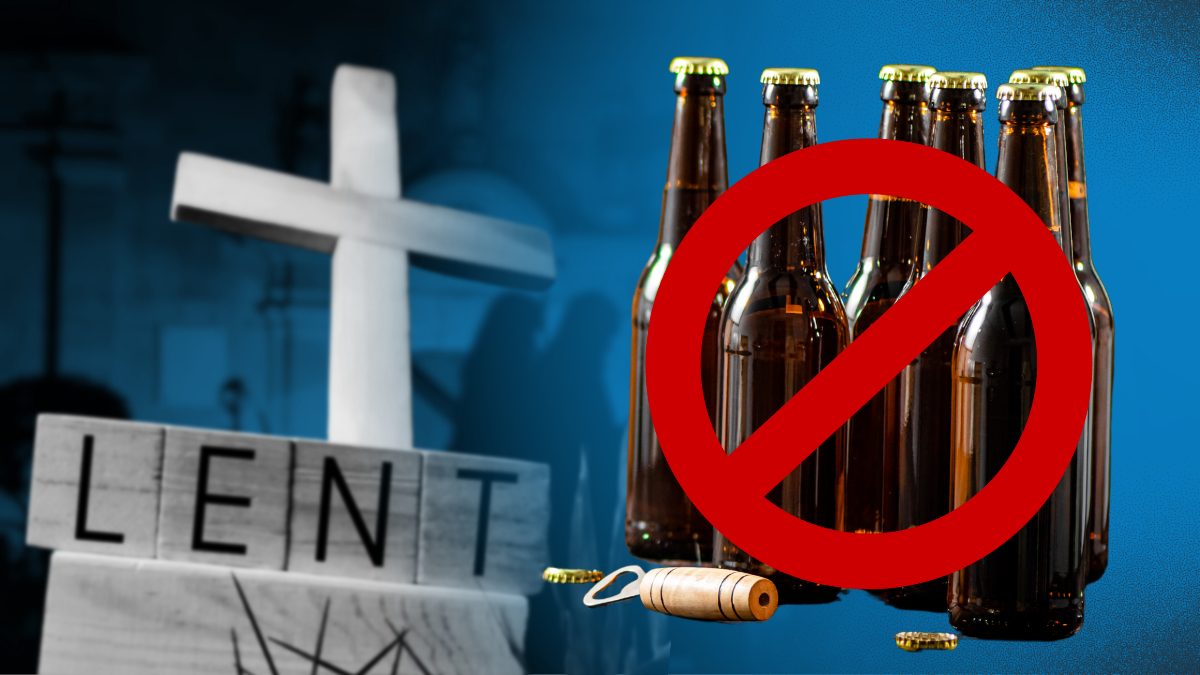
INQUIRER FILE PHOTO
MANILA, Philippines — The Manila City government imposed a liquor ban on Maundy Thursday and Good Friday within a 500-meter radius of all Catholic churches.
“To promote peace and order during the commemoration of HOLY WEEK, it is necessary to prohibit the sale of liquor and consumption of intoxicating and alcoholic beverages within the 500-meter radius of all Catholic Churches in Manila City taking into consideration the somberness of the Holy Week,” stated the Executive Order (EO) No. 9 Series of 2024 signed by Manila Mayor Honey Lacuna on Tuesday night.
Lacuna also ordered the Manila Police District to “strictly implement” the liquor ban.
READ: Number coding suspended March 27-29 – MMDA
However, the EO did not state the penalty for violating this rule.
In a related development, Lacuna also declared half-day classes at all levels for public and private schools and half-day work for city government employees on Holy Wednesday, March 27.
The declaration was contained in another directive, EO No. 8 Series of 2024, signed by Lacuna on Tuesday night.
READ: Holy Week 2024 will be typhoon-free, says Pagasa
“To provide Manileños the full opportunity to properly observe Semana Santa when families gather together for special meals, go to church for Easter vigils and mass, renew and recollect on their faith, spend time with their fellow religious and show their devotion to the Catholic Church, it is proper to give them enough time to prepare for the events leading to the observance and remembrance of the death and resurrection of Jesus Christ,” the EO No. 8 stated.
Holy Week is the most solemn period in the Catholic Church’s liturgical calendar when Christians commemorate the suffering, death, and resurrection of Jesus Christ over 2,000 years ago.
However, many Filipinos also use this as a break for revelry as they return to their provinces and visit tourist destinations.